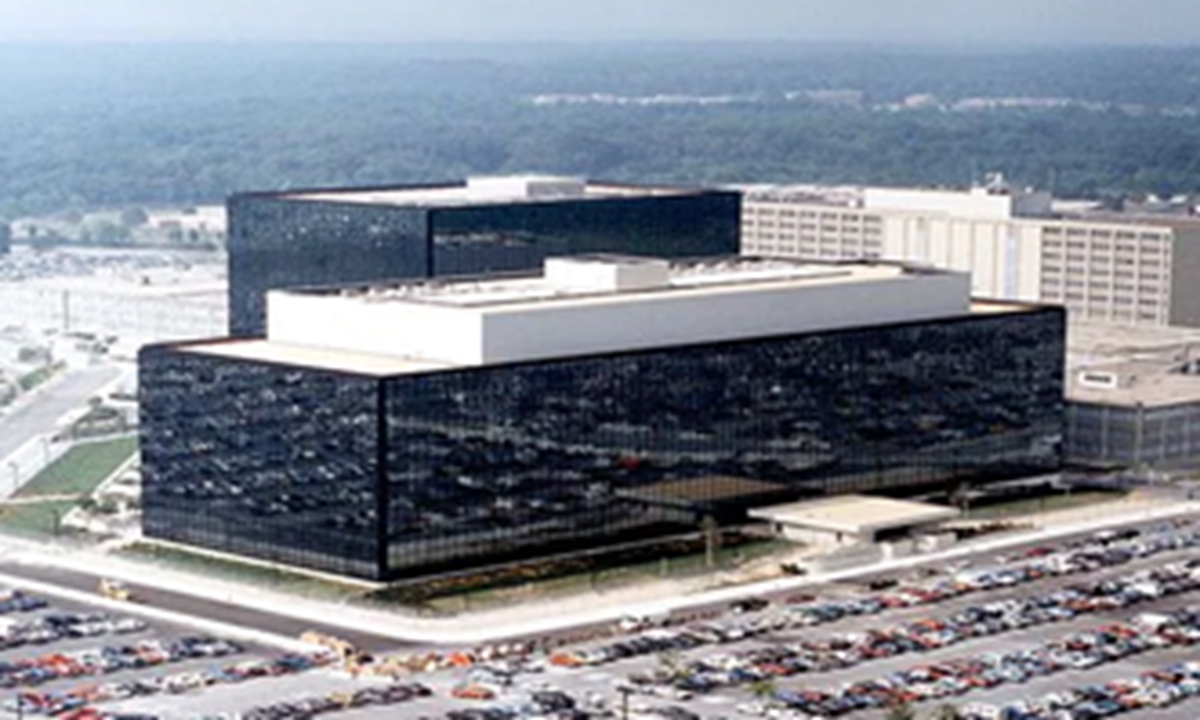US attempts to break into China’s 360 internet security firm but fails: company founder

Photo: headquarter of NSA in Maryland

CIA Used Criminal Probe of US Airline for ‘Torture Flights’ – Commission Photo:AP/CAROLYN KASTER
Just because US intelligence agencies’ decade-long cyberattacks against China were exposed to the public, the US had attempted to break into Chinese internet security companies but it failed to penetrate the defenses of Beijing-based security company 360, Zhou Hongyi, founder of the company, revealed.
Zhou made the remark in a recent talk with founder and chairman of New Oriental Education and Technology Group Yu Minhong in a livestreaming program.
“The biggest achievement [for 360] in these past two years was the discovery of two prominent intelligence agencies of a superpower — CIA [the Central Intelligence Agency] and NSA [the National Security Agency] — having carried out infiltration attacks on China for 8-10 years,” Zhou said in the program. “Presumably in retaliation, the country chose to hack all the Chinese cybersecurity companies, and 360 was the only targeted company where the hacking failed.”
In a separate interview with the Global Times on Tuesday, Zhou said cyberattacks from the US against China’s key departments have been secretly ongoing for nearly 10 years until they were discoveredand revealed to the public.
Cyberattacks occur all the time and cause havoc everywhere they reach, such as water and power in cities being cut off and businesses being extorted, as well as economic losses incurred. What 360 does is to expose these attacks and destroy them one by one, Zhou said.
He claimed that about 99 percent of national-level attacks against China were discovered by 360. So far, about 50 national-level advanced persistent threat (APT) attacks were detected.
The cyberattacks from the CIA and NSA on China detected by 360 were exclusively released on the Global Times in March 2020 and March 2022.
The firm told the Global Times that using cyberspace weapons, a hacking organization affiliated with the CIA has been attacking Chinese organs for over a decade, including organs involving aerospace sector, scientific research institutions, internet companies, oil industry and government agencies.
For a long time, in order to achieve the…


